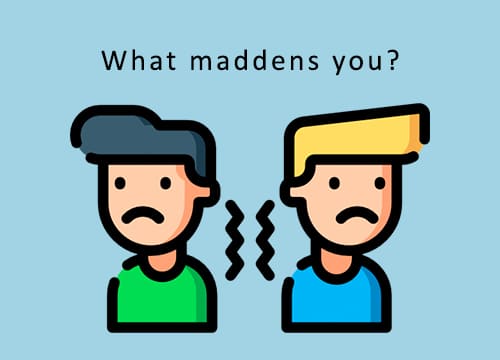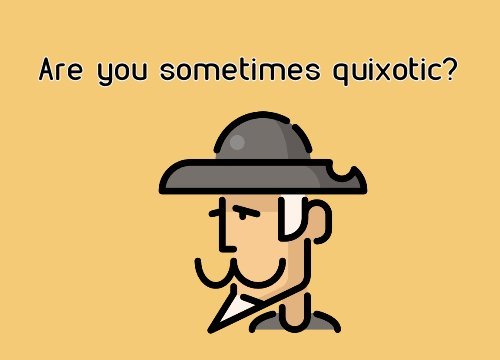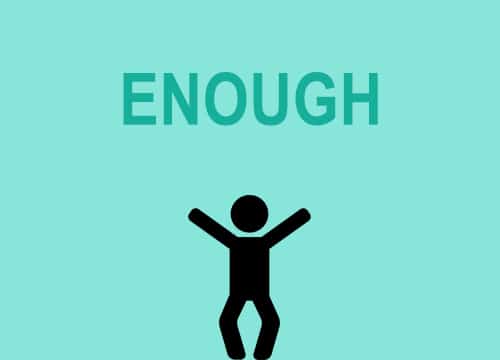“Mad” you may know. Someone could be mad (demente) or insane, according to doctors. You could do a mad thing (a very stupid thing) or you could “drive someone mad” (traer loco a alguien). The noun is “madness (locura, demencia). Some examples:
- You were mad to spend so much money on a new Ferarri.
- Raising taxes would be an act of madness by Mr. Sanchez.
- Mr. Podemos will go mad when he learns that Adrian voted for Vox.
“Madden” (enfurecer o enloquecer) is a verb and it is similar to “infuriate”. If something “maddens” you, it makes you very angry, or furious. Some examples:
- The dithering (vacilando) by Mr. Sanchez in forming a government maddens me (me pone furioso).
- Mr. Sanchez was maddened by the comments made by Mr. Rivera.
Mr. Podemos can be absolutely “maddening” sometimes (a veces Mr. Podemos puede sacar de quicio).
Now the adverb “Maddeningly”. Examine these:
- The talks to form a government in Spain are “maddeningly” slow (progresando con una lentitude esperante).
- The Labour Party leader is always maddeningly late for meetings (… siempre llega enloquecedoramente tarde a las reuniones).
Enough said (¡Basta! ¡O Ni una palabra más!)! I might madden you (podría enloquécete).
So, what maddens you?











